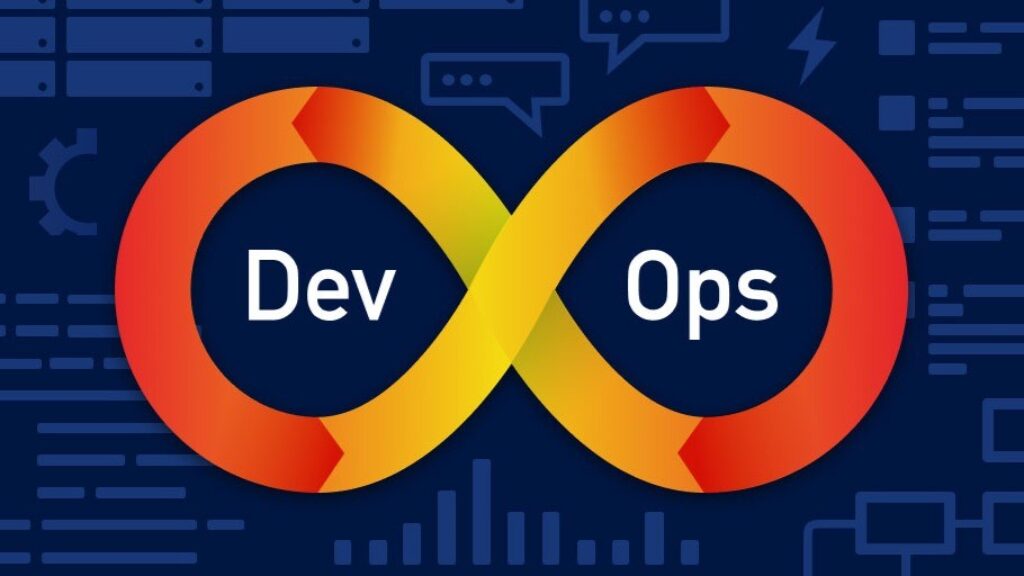
The gaming industry has always been a magnet for innovation. From arcade machines to mobile gaming, every decade brings something new. But if there’s one change that’s reshaping everything from player experience to backend operations, it’s the shift to cloud-based platforms. Cloud computing is no longer just a buzzword—it’s now at the core of how modern online games are built, scaled, and played.
For players, that means smoother experiences, faster load times, and no more worrying about high-end hardware. For developers and operators, it unlocks a new level of agility and reach. So, what exactly makes cloud platforms such a game-changer for online gaming?
Table of Contents
Key Highlights
- Cloud computing enables online games to scale instantly during high traffic periods.
- Players benefit from faster load times and reduced latency across regions.
- Game developers can roll out updates and patches more frequently and with less disruption.
- Cloud gaming supports cross-device experiences, from smartphones to consoles.
Why Cloud Technology Fits Gaming So Well

Source: itmunch.com
The gaming world thrives on speed, immersion, and uninterrupted experiences. Cloud-based infrastructures deliver exactly that. When games are hosted in the cloud instead of relying on local servers, it eliminates many of the traditional bottlenecks—like regional server limitations, heavy client downloads, and time-consuming patches.
Cloud servers are globally distributed, meaning they can bring your game closer to the player geographically, reducing ping and improving response times. It’s one reason services like NVIDIA GeForce NOW or Xbox Cloud Gaming can deliver console-quality games on laptops and phones.
But cloud platforms don’t just benefit players. For developers and publishers, they offer:
- Dynamic resource scaling: Allocate more compute power during launches or events.
- Built-in redundancy: Minimize downtime with failover solutions.
- Global reach: Deploy in different regions without building physical infrastructure.
One of the standout case studies in this space is the Soft2Bet iGaming success story. Soft2Bet, a leading iGaming operator, needed to support a rapidly growing player base across different jurisdictions with strict regulations.
By shifting their platform to AWS, they significantly improved their time to market and reliability. They were able to launch multiple brands quickly, meet compliance standards, and reduce operational strain. This is a textbook example of how the cloud doesn’t just improve technical capabilities—it also empowers strategic growth.
It’s not about having shiny tools. It’s about using them smartly to solve real-world business challenges. That’s where cloud-based platforms really shine in online gaming.
No More Heavy Downloads and Endless Updates

Source: also.com
Remember when downloading a new game meant waiting overnight—and then still dealing with day-one patches? Cloud gaming and cloud-enhanced delivery systems have changed that.
Now, game assets can be streamed or preloaded dynamically. Platforms like Steam and Epic use cloud services to distribute updates intelligently, so only the changed files are pushed. Some games even allow you to start playing before the full download is complete, thanks to smart streaming.
Key improvements include:
- Faster initial access to new games or DLCs.
- Seamless patching without interrupting the experience.
- Lower storage requirements on the client side.
This makes online games more accessible to players on older machines, and even supports play-anywhere models where you can jump from console to laptop to phone without missing a beat.
Multiplayer Scaling Without Meltdowns
If you’ve ever tried logging into a popular multiplayer game at launch—only to be kicked by a queue or server crash—you know how painful poor backend infrastructure can be.
Cloud platforms solve that with autoscaling. As player traffic spikes, more servers come online automatically. And when the hype dies down, they scale back to save costs. It’s an efficient, responsive way to handle unpredictable demand.
Here’s what this means in practice:
- No more failed logins or frozen lobbies during launch days.
- Real-time analytics to monitor player behavior and adjust servers accordingly.
- Geo-targeted instance spawning, so players get matched with others nearby for smoother performance.
Games like Fortnite, Call of Duty Warzone, and Valorant all benefit from these kinds of systems.
Enhanced Security and Compliance
Gaming companies are prime targets for cyberattacks—from DDoS to data breaches. And when money and personal data are involved, as in online casinos or games with real-money transactions, the stakes are even higher.
Cloud services like AWS, Azure, and Google Cloud offer enterprise-grade security with continuous monitoring, encryption, and compliance certifications. For operators like Soft2Bet, these features are critical for meeting legal requirements across different countries and protecting user trust.
Security benefits include:
- Built-in DDoS protection at the infrastructure level.
- Encrypted storage of player data and transactions.
- Audit trails and logging for compliance and investigations.
Trust isn’t just about gameplay. It’s about how safe users feel on your platform—and the cloud helps reinforce that confidence.
DevOps Speed: Patching, Testing, and Iteration

Source: linkedin.com
Game development doesn’t stop at launch. Updates, new content, bug fixes—they’re all part of the lifecycle. And cloud-based DevOps workflows make that much more manageable.
Developers can use containers and microservices to isolate parts of the game, test them in sandboxed environments, and roll them out gradually. CI/CD pipelines ensure that updates go live with fewer bugs and faster turnarounds.
Benefits for studios include:
- Shorter development cycles with automated testing.
- Rollback functionality in case something breaks.
- Parallel updates across platforms—so PC, console, and mobile versions stay synced.
This reduces pressure on dev teams and improves the overall quality and responsiveness of the game.
Supporting New Business Models
Cloud platforms aren’t just about making existing games better. They’re also enabling entirely new business models:
- Subscription gaming: Think Xbox Game Pass or PlayStation Plus.
- Pay-as-you-go models: Players only pay for what they use.
- Cross-platform play: Unified accounts and progress across devices.
These models depend on centralized data, flexible backend logic, and global infrastructure—all strengths of cloud-based platforms. They allow studios to experiment without massive upfront investment, and they give players more choice and flexibility.
Final Thoughts: More Than Just a Trend
Cloud-based platforms have quietly redefined how online games are made, played, and experienced. They’re not just an upgrade—they’re the new foundation.
For players, it means better experiences. For developers, it means faster iteration. And for businesses, it means staying competitive in a rapidly changing market.
The future of gaming doesn’t live in your console or hard drive—it lives in the cloud.







